NIO EL7 vs BYD Sealion 7 - Differences and prices compared
Compare performance (653 HP vs 530 HP), boot space and price (63300 £ vs 42800 £ ) at a glance. Find out which car is the better choice for you – NIO EL7 or BYD Sealion 7?
Costs and Efficiency:
Looking at overall running costs, both models reveal some interesting differences in everyday economy.
BYD Sealion 7 has a convincingly advantage in terms of price – it starts at 42800 £ , while the NIO EL7 costs 63300 £ . That’s a price difference of around 20494 £.
In terms of energy consumption, the advantage goes to the BYD Sealion 7: with 19.90 kWh per 100 km, it’s slightly more efficient than the NIO EL7 with 22.10 kWh. That’s a difference of about 2.20 kWh.
As for electric range, the BYD Sealion 7 performs minimal better – achieving up to 502 km, about 1 km more than the NIO EL7.
Engine and Performance:
Power, torque and acceleration are the classic benchmarks for car enthusiasts – and here, some clear differences start to show.
When it comes to engine power, the NIO EL7 has a slightly edge – offering 653 HP compared to 530 HP. That’s roughly 123 HP more horsepower.
In acceleration from 0 to 100 km/h, the NIO EL7 is somewhat quicker – completing the sprint in 3.90 s, while the BYD Sealion 7 takes 4.50 s. That’s about 0.60 s faster.
There’s also a difference in torque: NIO EL7 pulls to a small extent stronger with 850 Nm compared to 690 Nm. That’s about 160 Nm difference.
Space and Everyday Use:
Beyond pure performance, interior space and usability matter most in daily life. This is where you see which car is more practical and versatile.
Both vehicles offer seating for 5 people.
In curb weight, BYD Sealion 7 is minimal lighter – 2225 kg compared to 2421 kg. The difference is around 196 kg.
In terms of boot space, the NIO EL7 offers minimal more room – 570 L compared to 520 L. That’s a difference of about 50 L.
When it comes to payload, NIO EL7 a bit takes the win – 469 kg compared to 410 kg. That’s a difference of about 59 kg.
Who wins the race in the data check?
The NIO EL7 is slightly ahead in the objective data comparison.
This result only shows which model scores more points on paper – not which of the two cars feels right for you.
Costs and Consumption
View detailed analysis
Engine and Performance
View detailed analysis
Dimensions and Body
View detailed analysis
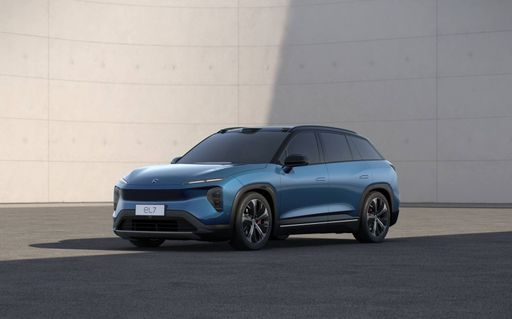
NIO EL7
NIO EL7
The NIO EL7 arrives as a roomy electric SUV that pairs restrained elegance with bold design cues, and its interior feels like a calm, tech-forward lounge rather than a gadget parade. For buyers who crave effortless cruising, spirited performance and a tastefully premium experience — with just the right amount of showmanship for the driveway — the EL7 is an enticing, slightly theatrical choice.
details
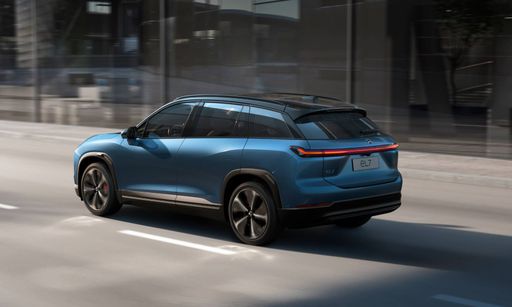
BYD Sealion 7
The Sealion 7 captivates with its striking design and impressive performance that appeals to both enthusiasts and casual drivers alike. With a focus on comfort and advanced technology, this model redefines the driving experience, making every journey enjoyable. Its sleek silhouette coupled with an innovative interior showcases the perfect blend of style and functionality.
details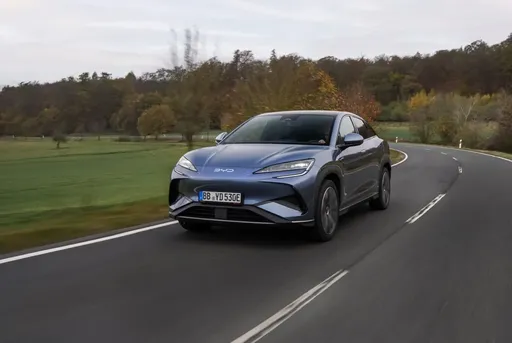
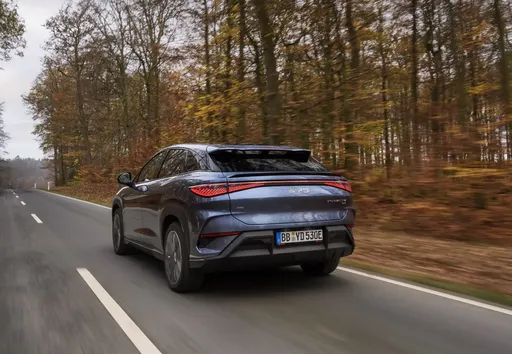
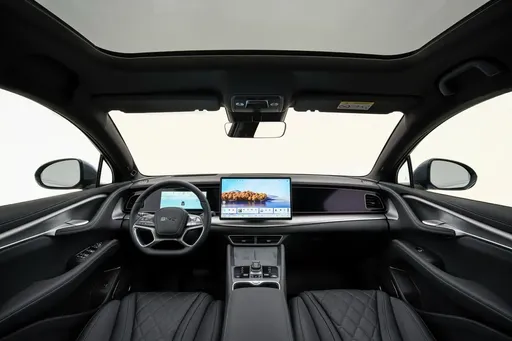
Costs and Consumption |
|
|---|---|
|
Price
63300 - 81300 £
|
Price
42800 - 52300 £
|
|
Consumption L/100km
-
|
Consumption L/100km
-
|
|
Consumption kWh/100km
22.1 - 22.4 kWh
|
Consumption kWh/100km
19.9 - 21.9 kWh
|
|
Electric Range
384 - 501 km
|
Electric Range
456 - 502 km
|
|
Battery Capacity
73.5 - 90 kWh
|
Battery Capacity
-
|
|
co2
0 g/km
|
co2
0 g/km
|
|
Fuel tank capacity
-
|
Fuel tank capacity
-
|
Dimensions and Body |
|
|---|---|
|
Body Type
SUV
|
Body Type
SUV
|
|
Seats
5
|
Seats
5
|
|
Doors
5
|
Doors
-
|
|
Curb weight
2421 - 2441 kg
|
Curb weight
2225 - 2435 kg
|
|
Trunk capacity
570 L
|
Trunk capacity
520 L
|
|
Length
4912 mm
|
Length
-
|
|
Width
1987 mm
|
Width
1925 mm
|
|
Height
1720 mm
|
Height
-
|
|
Max trunk capacity
1545 L
|
Max trunk capacity
-
|
|
Payload
449 - 469 kg
|
Payload
410 kg
|
Engine and Performance |
|
|---|---|
|
Engine Type
Electric
|
Engine Type
Electric
|
|
Transmission
Automatic
|
Transmission
Automatic
|
|
Transmission Detail
Reduction Gearbox
|
Transmission Detail
Reduction Gearbox
|
|
Drive Type
All-Wheel Drive
|
Drive Type
Rear-Wheel Drive, All-Wheel Drive
|
|
Power HP
653 HP
|
Power HP
313 - 530 HP
|
|
Acceleration 0-100km/h
3.90 s
|
Acceleration 0-100km/h
4.5 - 6.7 s
|
|
Max Speed
200 km/h
|
Max Speed
-
|
|
Torque
850 Nm
|
Torque
380 - 690 Nm
|
|
Number of Cylinders
-
|
Number of Cylinders
-
|
|
Power kW
480 kW
|
Power kW
230 - 390 kW
|
|
Engine capacity
-
|
Engine capacity
-
|
General |
|
|---|---|
|
Model Year
2023
|
Model Year
2024
|
|
CO2 Efficiency Class
A
|
CO2 Efficiency Class
A
|
|
Brand
NIO
|
Brand
BYD
|
What drive types are available for the NIO EL7?
The NIO EL7 is available as All-Wheel Drive.
